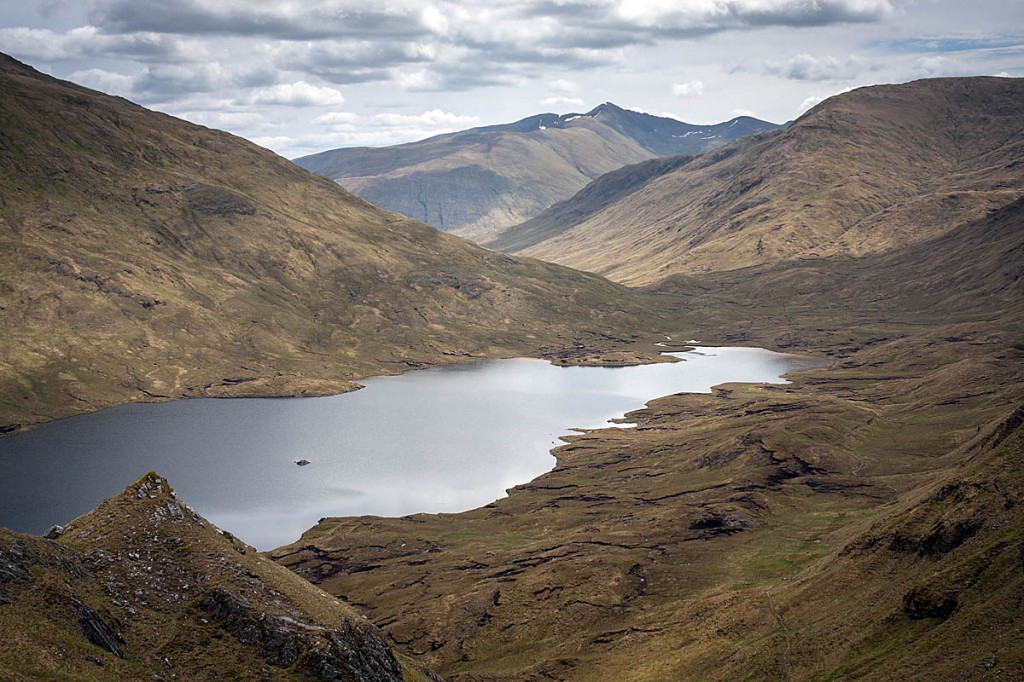Conservation charity the John Muir Trust is calling on the Scottish Government to introduce a natural carbon-capture tax on large estates in the nation.
It said the scheme would have the potential to have the equivalent effect of removing every single vehicle from roads, by encouraging more carbon capture.
The tax would be levied on Scotland’s major landowners, with holdings of 1,000ha (2,471 acres) or more, and would be based on actual and potential carbon emissions, sequestration and storage.
The policy was revealed along with the charity’s 2021 Scottish manifesto, which includes seven other key policies for transforming land use and diversifying land ownership in Scotland.
Mike Daniels, head of policy and land for the John Muir Trust, said: “Scotland has an abundance of low-productivity land which could be locking up vast quantities of carbon each year, while improving biodiversity and stimulating rural economic regeneration.
“Right now, our land is a net producer of greenhouse gases. Yet our vast uplands – which cover more than half our landmass – have the potential to remove and store millions of tonnes of carbon each year for centuries to come.
“We recognise that there are incentives in place, but these cost public money and have limited impact. We know that taxation, from the plastic carrier bag charge to minimum alcohol pricing and tobacco taxes, can be a powerful lever to achieve positive change.
“Scotland has won praise worldwide for its ambitious climate-change targets. In this year of COP26, it can once again show global leadership by bold action to bring about progressive land use for the benefit of climate, communities and nature.”
But the organisation representing landowners and rural businesses said such a tax would cost more to administer than the revenue it would generate.
Stephen Young, head of policy at Scottish Land & Estates, said: “Owners of rural land are already playing a huge role in helping meet the Scottish Government’s climate change targets.
“Landowners have embraced peatland restoration and woodland creation, with privately owned land seeing the majority of the uptake of these schemes. Many have gone on to be accredited by Wildlife Estates Scotland for their work in conservation and wildlife management.
“Encouraging further progress on good environmental outcomes from hugely valuable sectors such as agriculture would seem more sensible than introducing punitive tax measures – measures that JMT only want to levy at certain types of owners.
“Such a tax would be hugely costly to administer for the public purse due to the extensive soil sampling, woodland and peatland surveys that it would require and would almost certainly cost more to organise than the tax income it would generate.
It would also set land uses against each other rather than progress integrated land management which seeks the best outcomes by using the right land for the right purpose.”
The John Muir Trust proposes a pilot scheme on properties of more than 10,000ha (24,711 acres) before extending this to all estates of 1,000ha or more. Land owned by local authorities, housing associations, community land trusts and organisations supporting housing, schools and hospitals would be excluded.
The trust estimates that about 60 per cent of land in Scotland would come under the scheme, with the potential to raise up to £15m annually.
